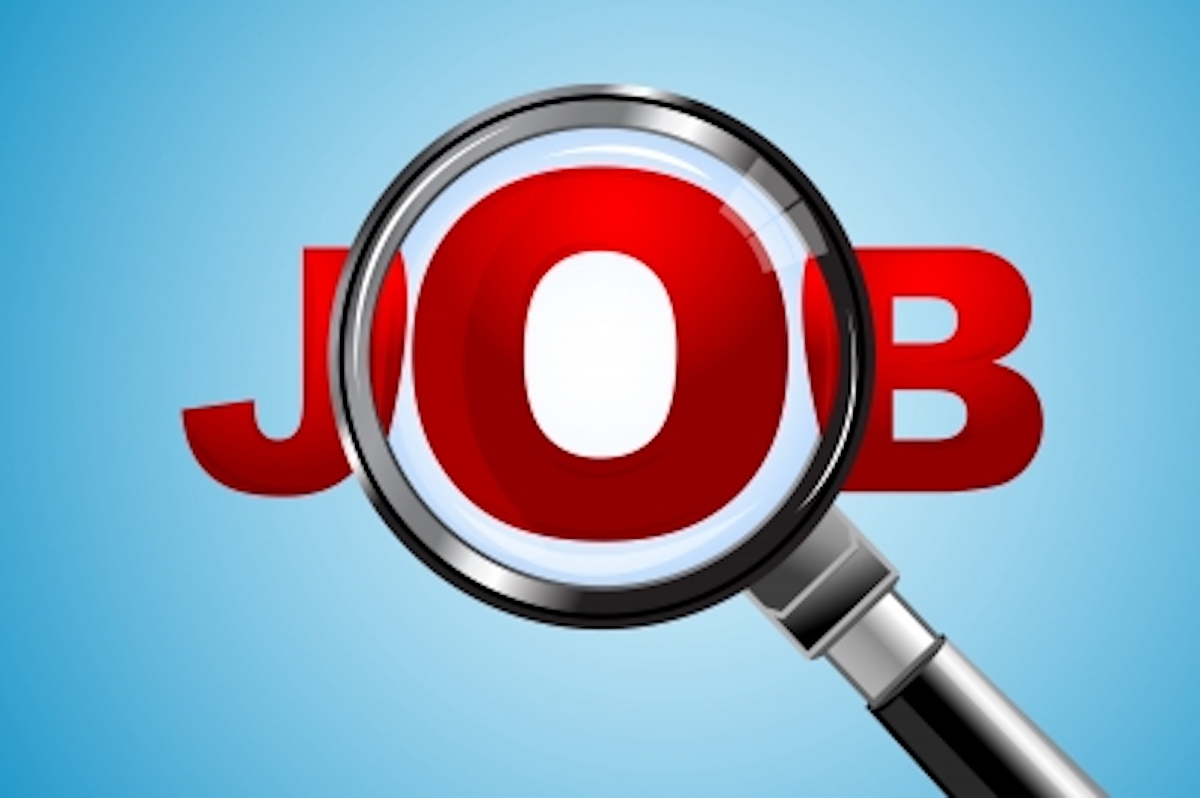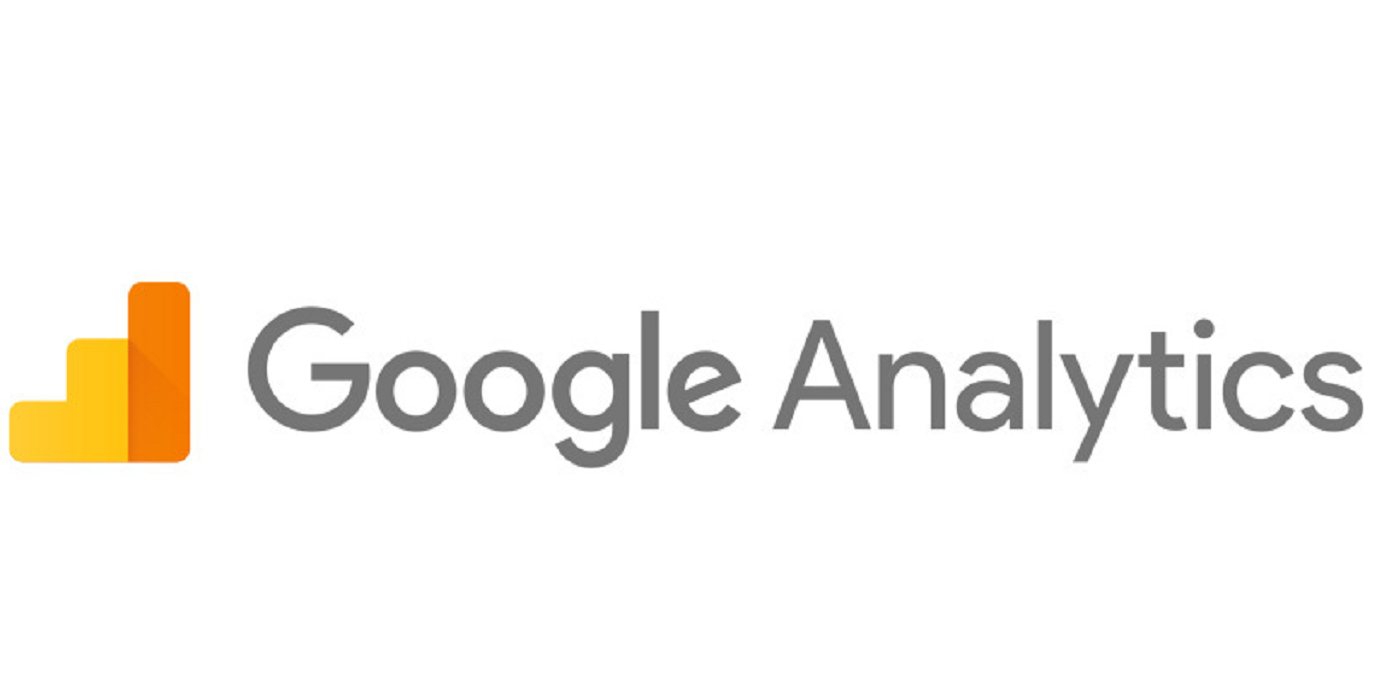As the financial landscape shifts, rising mortgage rates remain a significant point of concern for both businesses and consumers. Although inflation cooled in 2024, leading the Federal Reserve to cut interest rates three times, mortgage rates have not followed the same downward trajectory. On January 2, 2025, Freddie Mac reported the 30-year fixed-rate mortgage had climbed to 6.91%, the highest in nearly six months. This dynamic raises critical questions about how these rising rates affect the broader economy.
How Rising Mortgage Rates Impact Businesses
- Real Estate and Construction Sectors:
- Slower Housing Market Activity: Elevated mortgage rates increase borrowing costs for homebuyers, reducing housing affordability. This leads to fewer home sales and can slow down residential construction projects.
- Lower Demand for Real Estate Services: Businesses in real estate, mortgage lending, and title insurance may see reduced activity and revenue as fewer transactions occur.
- Consumer Spending and Retail:
- Reduced Disposable Income: Higher mortgage payments leave consumers with less money to spend on goods and services, affecting retail and consumer-focused industries.
- Decreased Home Equity Access: Homeowners may be less inclined to refinance or take out home equity loans, further limiting spending.
- Small Business Lending:
- Increased Loan Costs: Small businesses relying on loans for expansion face higher borrowing costs, which can delay investment and hiring decisions.
Economic Implications
- Influence on Inflation:
- Mortgage rates indirectly impact inflation by affecting consumer demand. If rising mortgage costs suppress spending, inflationary pressures could ease.
- Impact on Employment:
- Job Loss in Housing-Related Industries: Sectors such as construction, mortgage banking, and home improvement may experience job cuts due to reduced demand.
- Ripple Effects on Supporting Industries: Industries tied to home buying, like furniture, appliances, and home decor, could also face a downturn.
- Government Bond Yields:
- Mortgage rates are closely tied to the yield on the 10-year U.S. Treasury bond. Increased yields, driven by inflation fears or government borrowing, can further elevate mortgage rates, perpetuating a cycle of high costs.
Will Mortgage Rates Decline in 2025?
While the Federal Reserve’s recent rate cuts aim to ease borrowing costs, mortgage rates are influenced by broader market forces. Treasury bond yields, inflation expectations, and economic growth outlooks all play roles. Many economists predict that mortgage rates will hover between 6% and 6.5% throughout 2025, offering limited relief to the housing market.
Business Strategies Amid Rising Mortgage Rates
- Adjust Pricing and Financing: Real estate developers and builders might offer financing incentives to attract buyers.
- Diversify Revenue Streams: Companies reliant on mortgage lending can explore other financial products or services to mitigate reduced demand.
- Leverage Technology: Fintech solutions can streamline lending processes and reduce operational costs, helping lenders remain competitive.
Anticipate the Rising Mortgage Rate
Rising mortgage rates present significant challenges for both the economy and individual businesses. From curbing consumer spending to dampening real estate activity, the ripple effects are far-reaching. However, strategic adjustments and market adaptability can help businesses navigate these turbulent times. As 2025 progresses, careful monitoring of economic policies and mortgage trends will be crucial for future planning.




